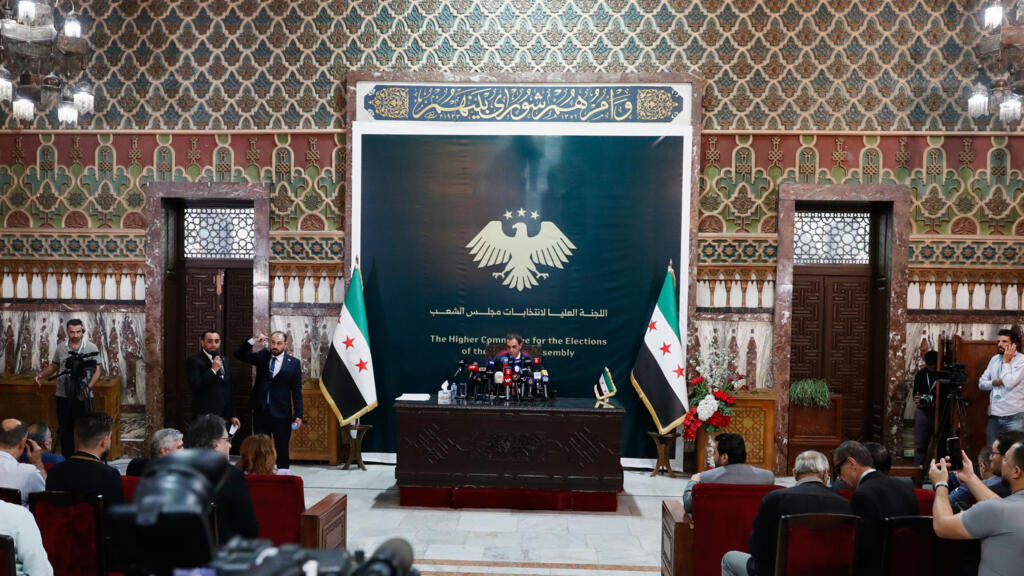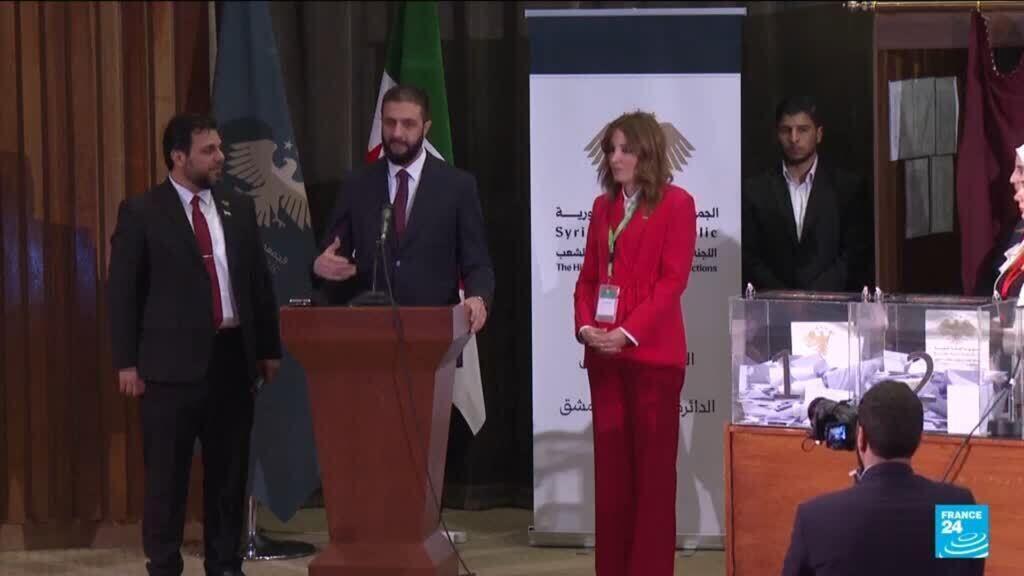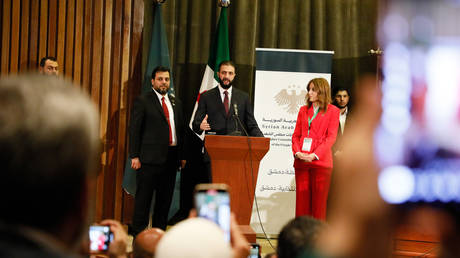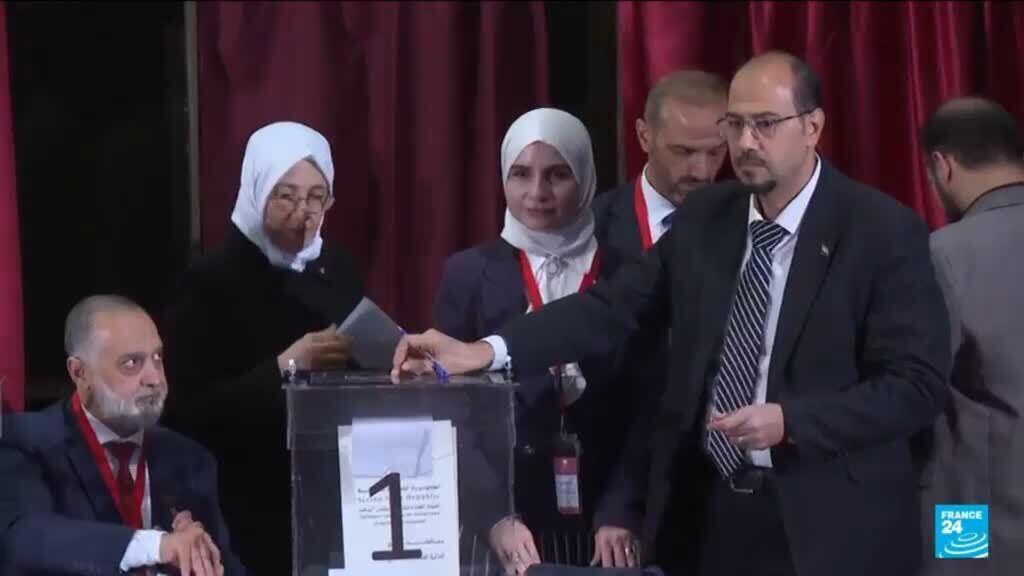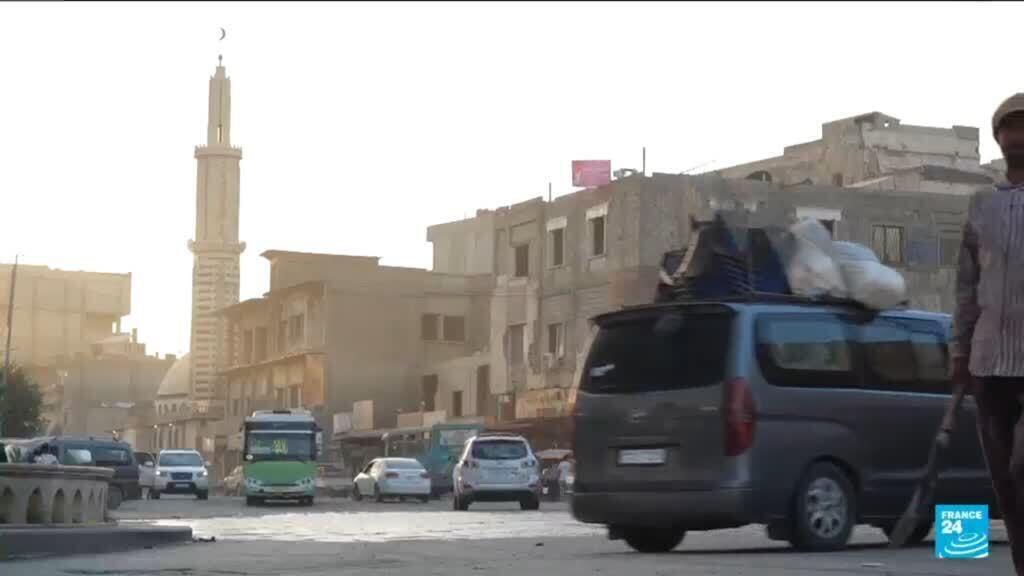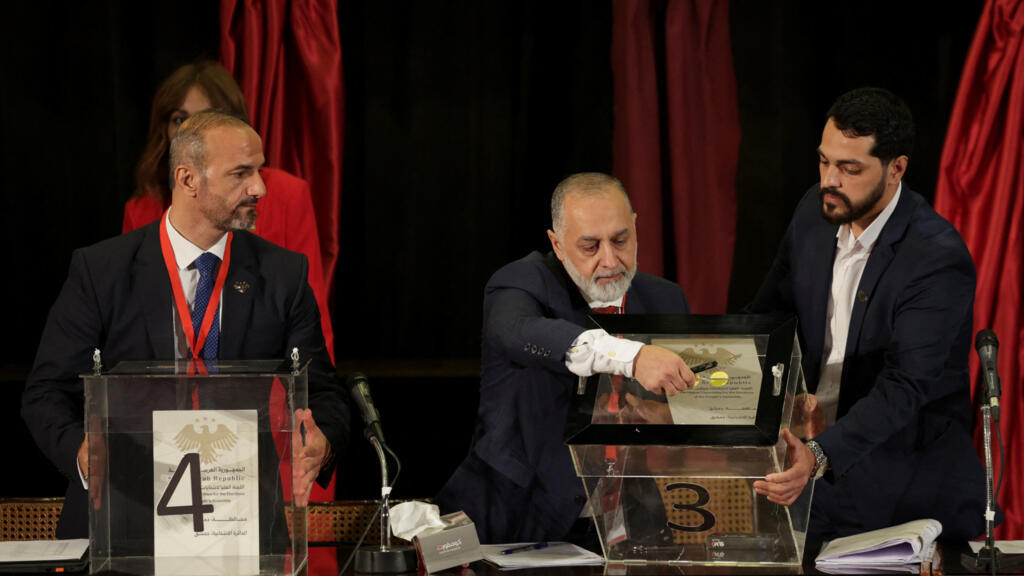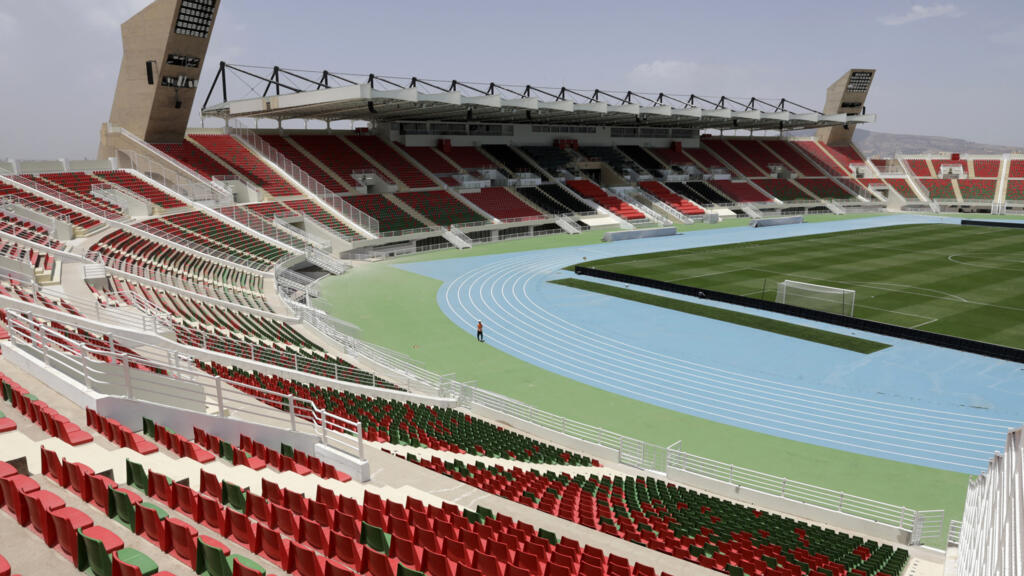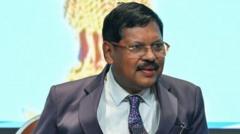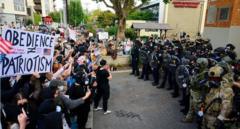Syria’s first elections since Assad’s fall conclude
NeutralWorld Affairs
Syria has wrapped up its first elections following the fall of Bashar al-Assad, marking a significant moment in the country's political landscape. These elections are crucial as they represent a step towards rebuilding governance and stability in a nation that has faced years of turmoil. Observers are keen to see how this will impact the future of Syria and its citizens.
— Curated by the World Pulse Now AI Editorial System
